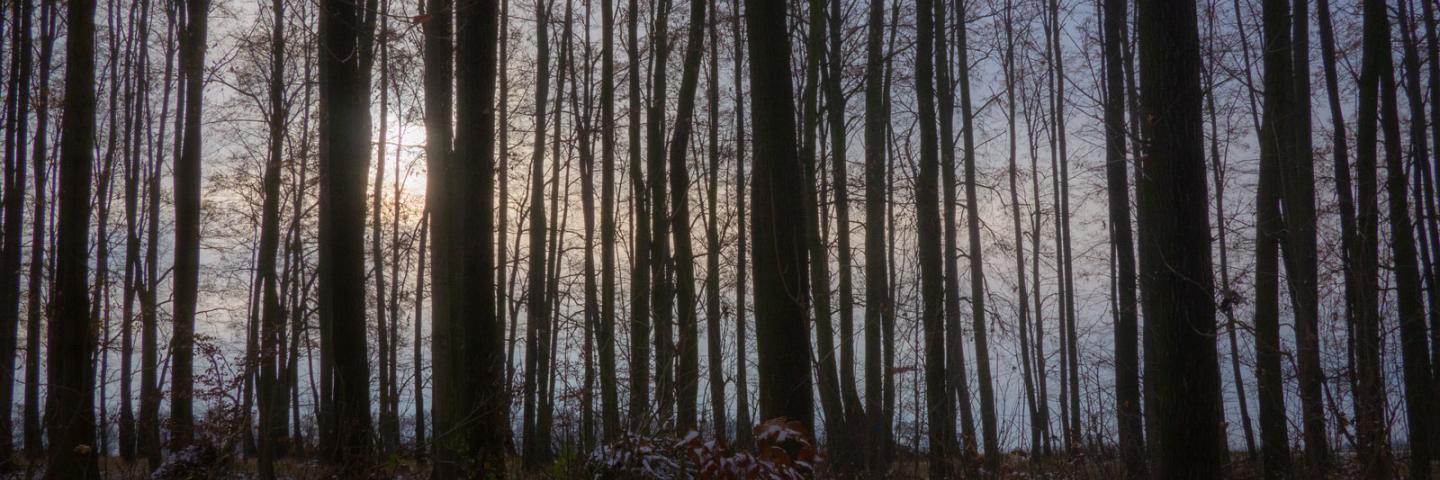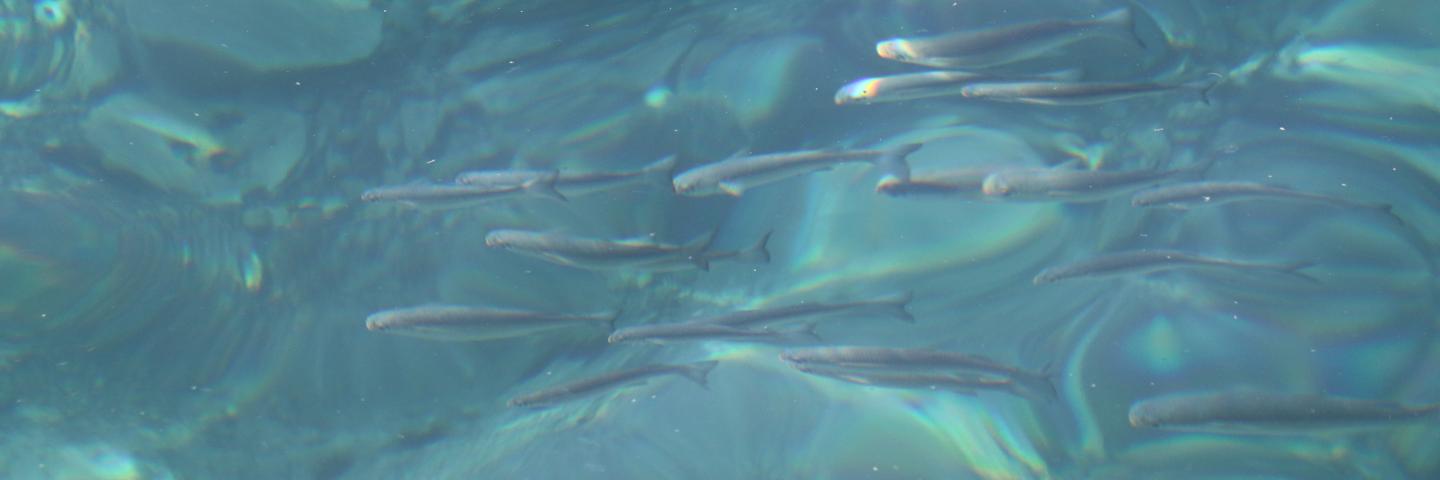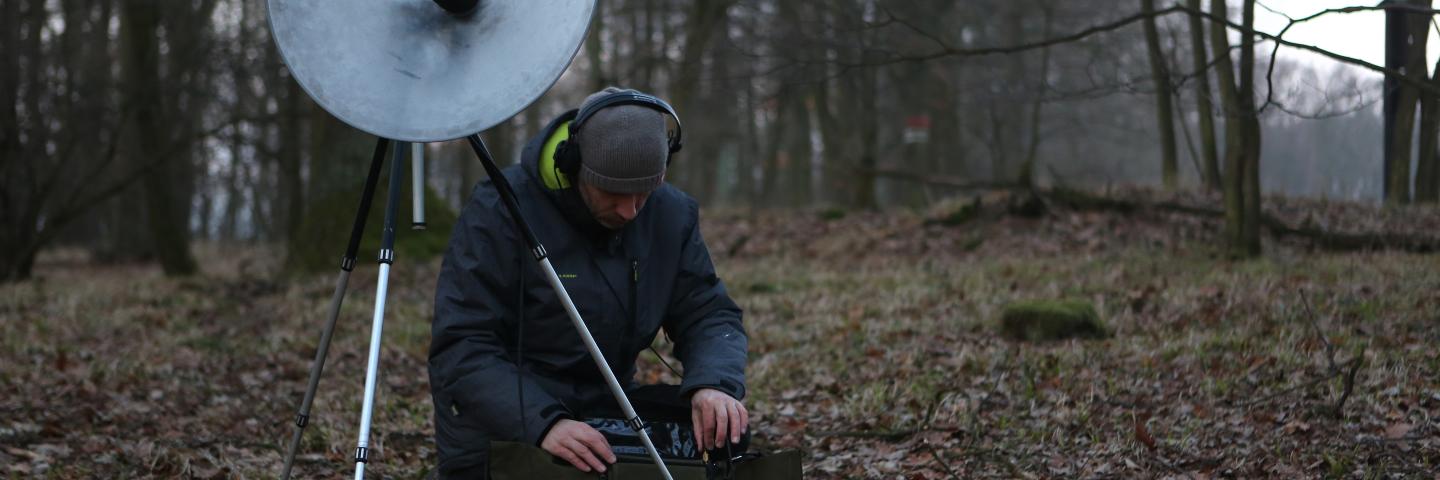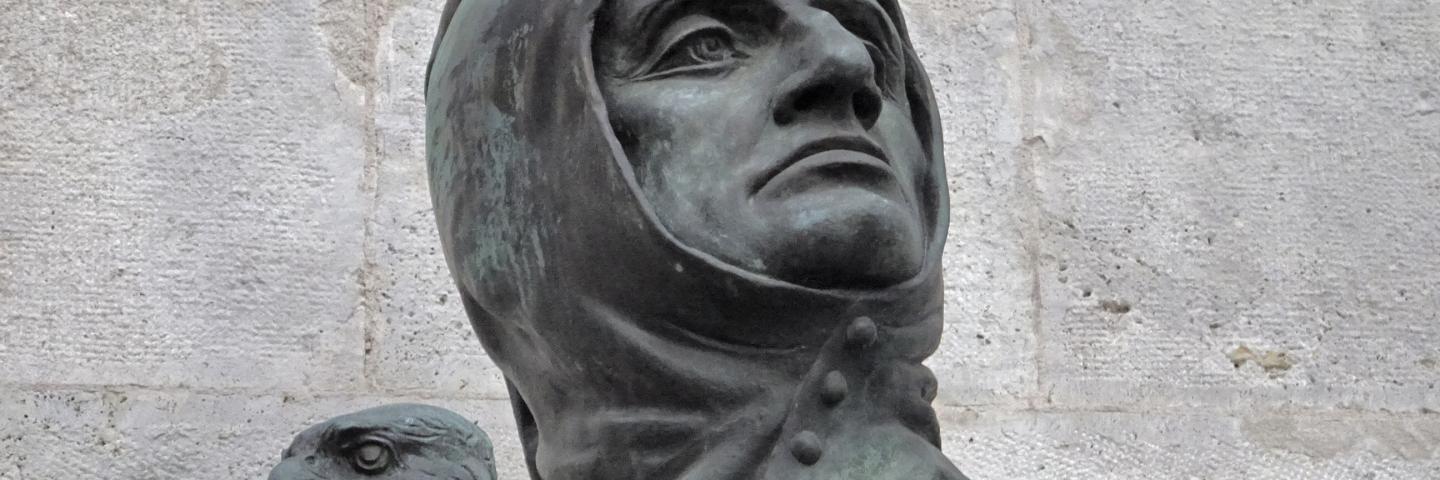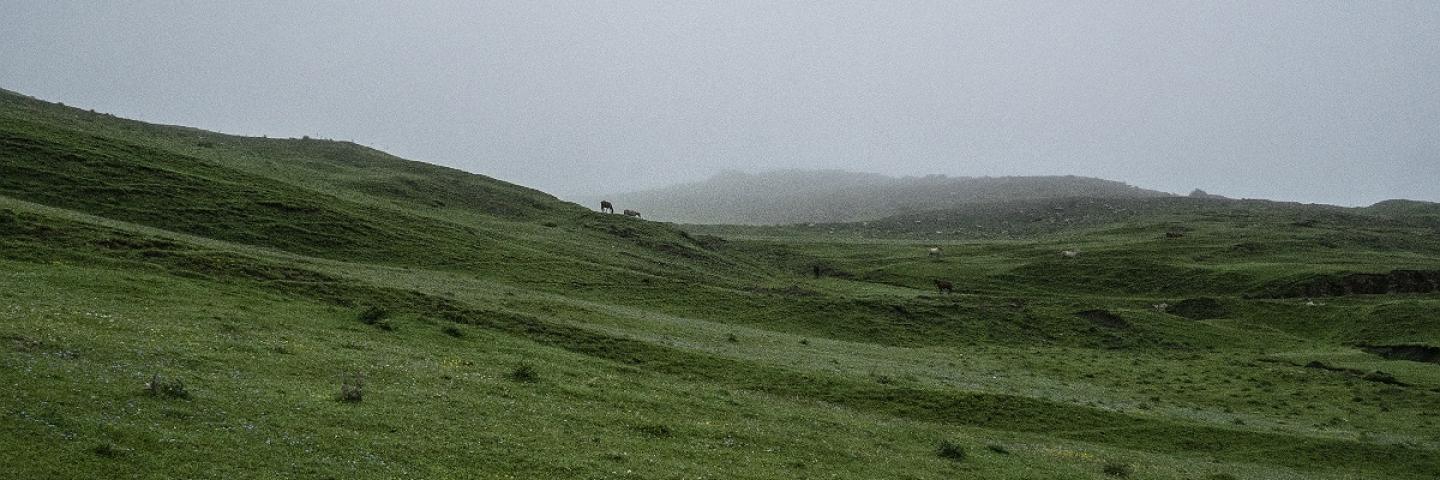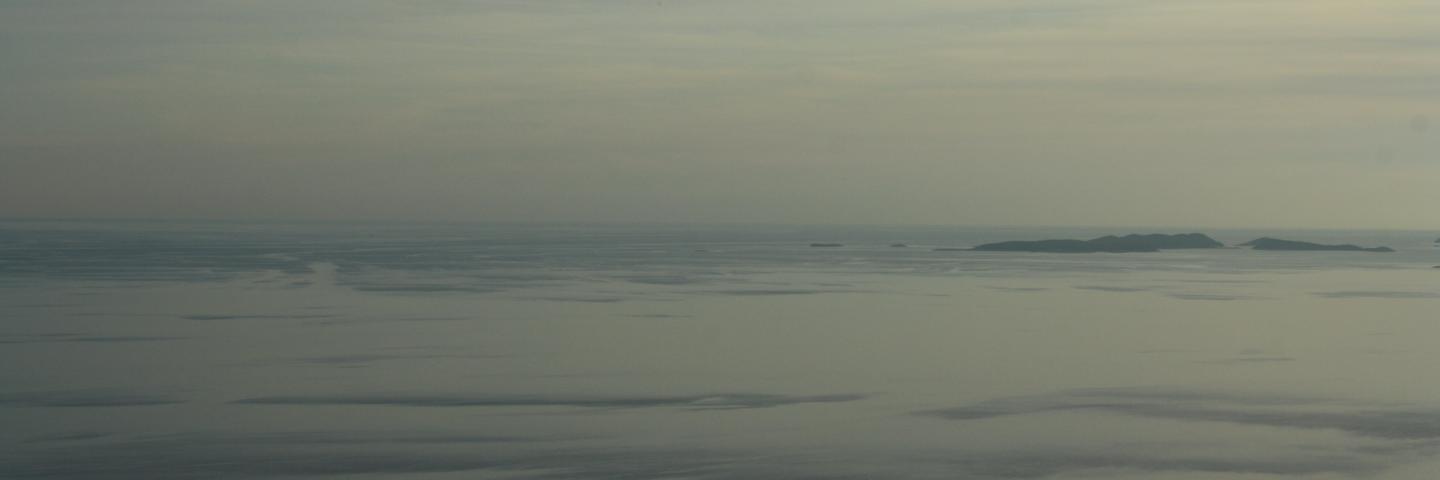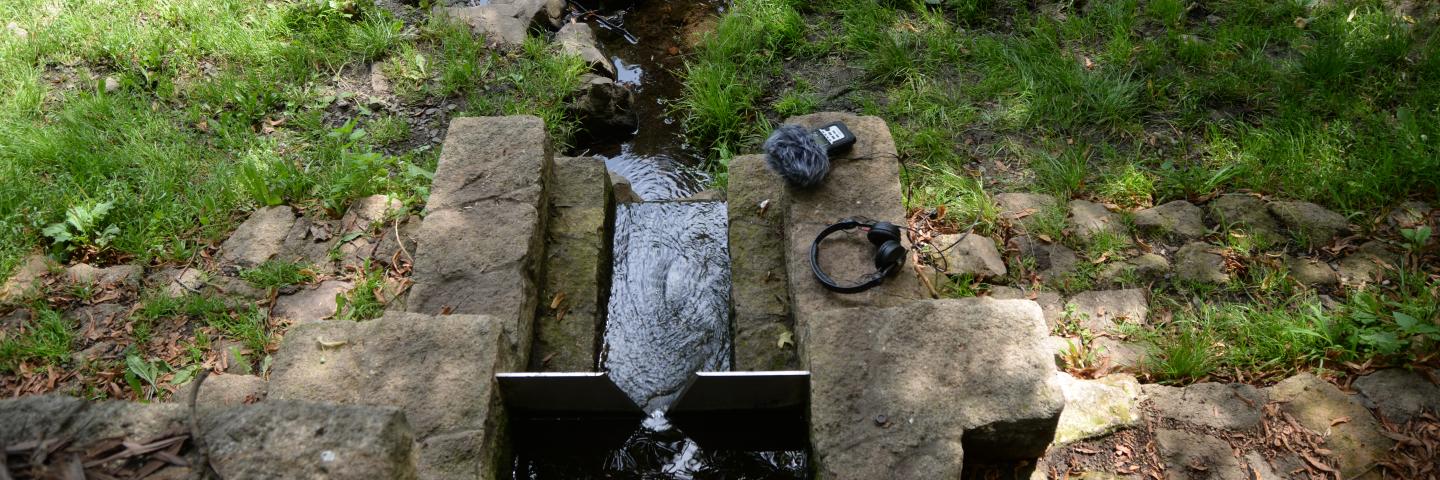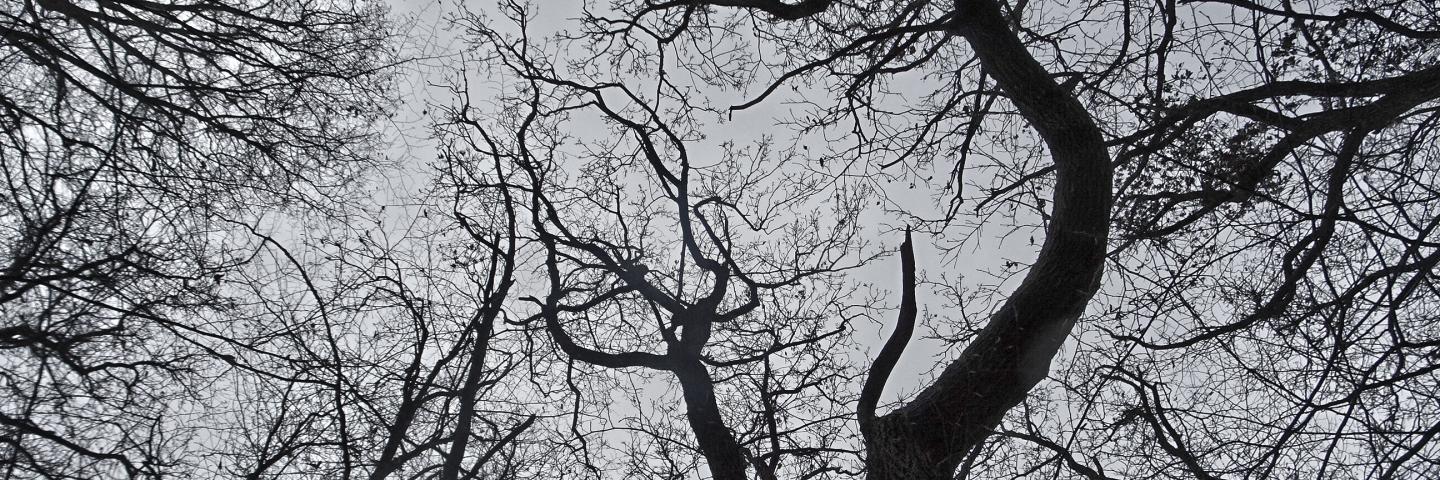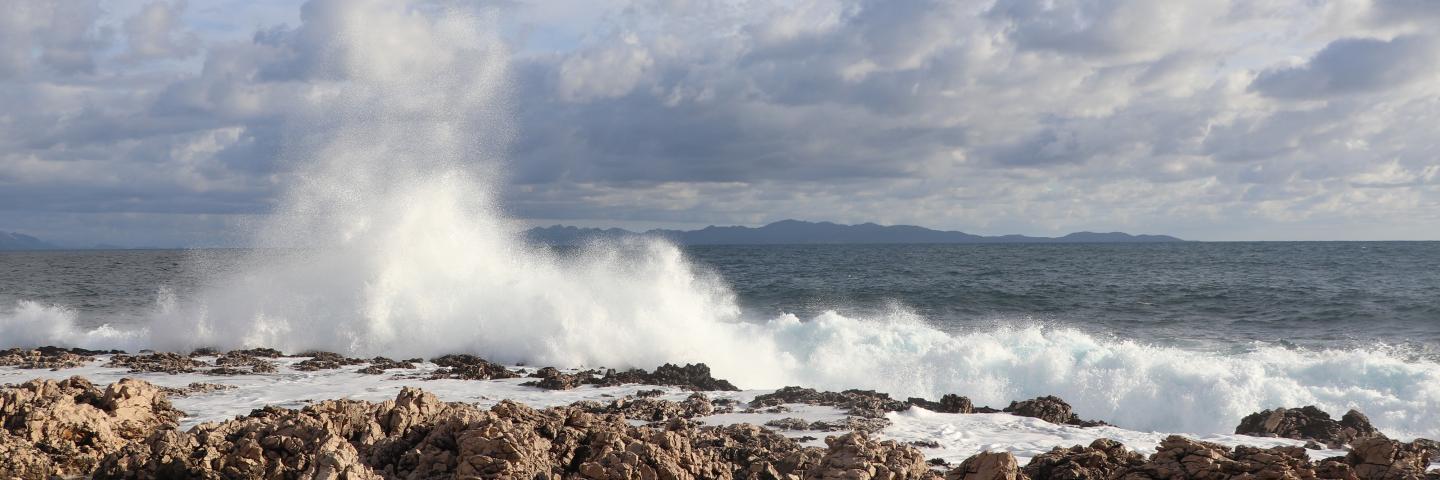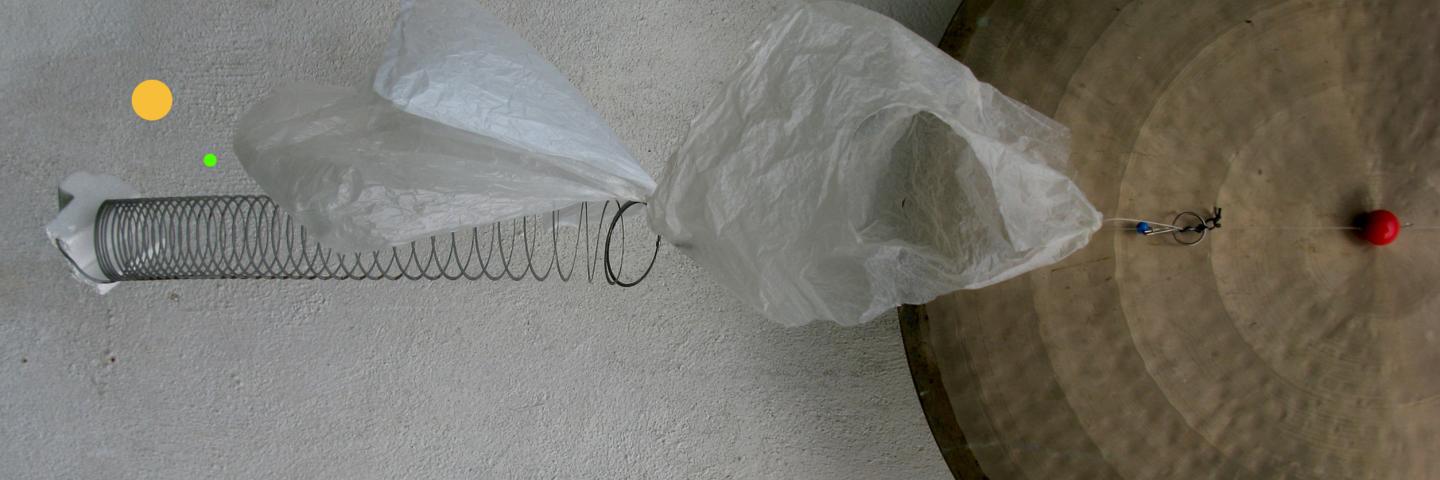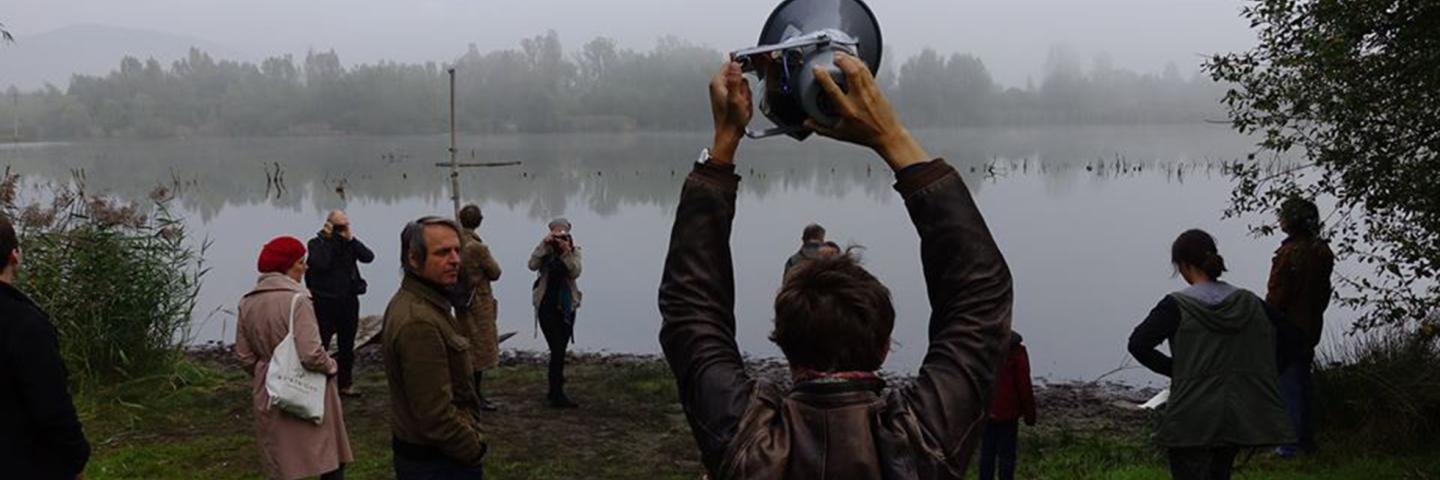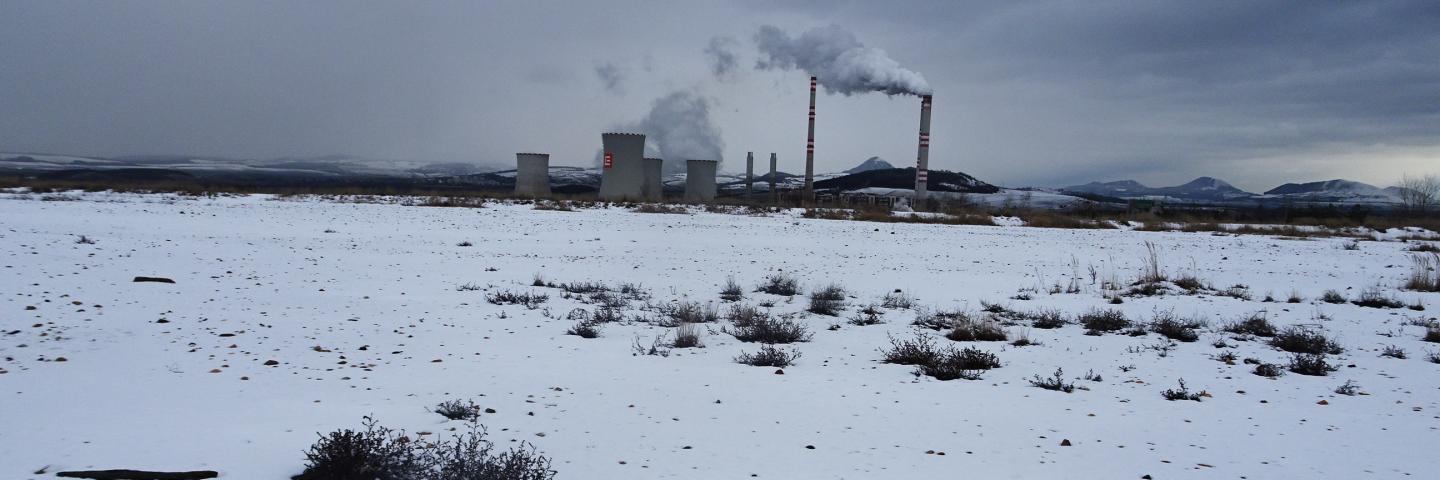Ann McMillan
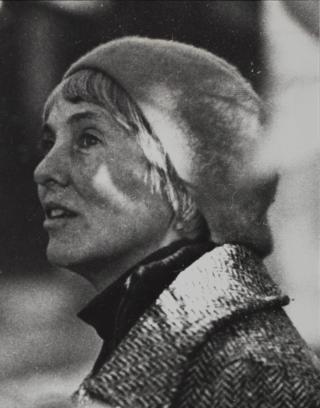
Ann McMillan (born 1923, New York City, died 1994) was an American composer and musician, famous to be working with environmental sounds. McMillan was part of the burgeoning musique concrète and electronic music movement, forming sparse, eclectic sounds through tape manipulation. On Gateway Summer Sounds, her debut album released on Folkways in 1979 and recorded at the Princeton-Columbia Electronic Music Center, she sources sounds from the natural world – frogs, insects, field recordings from the Gateway National Recreation Area in New York Harbor – along with gongs, bells, and a harpsichord to conceive remarkable, hypnagogic compositions. While comparison with Varèse is perhaps as inevitable as nods to Cage’s aleatoric music tekkers, it’s much fairer to place McMIllan’s work in light of Daphne Oram’s sorely overlooked but genuinely pioneering oeuvre or the textural sensitivities of Annea Lockwood, both of whom make eminently listenable rather than unforgiving strains of an avant garde more often associated with blokes of that period. She graduated from Bennington College in 1945, having majored in Composition and French Horn. She helped open the LP program for classical music at RCA Victor Records and in the fifties met Edgard Varèse. From 1955 to 1957, she worked with a Fulbright Grant in Paris at the Radiodiffusion Television Francaise Studio d'Essai. On return to the States, she worked for overseas studio in New York, composed a film score for a Norwegian documentary Rhino Safari, and broadcast radio essays written for CBS's French and English networks. In 1965 she became Music Director of radio station WBAI-FM in New York City. She left the station staff in 1968 to concentrate on composing. McMillan was awarded a Guggenheim Fellowship and a CAPS grant and resident fellowships at the MacDowell Colony and Ossabaw Island Project.

